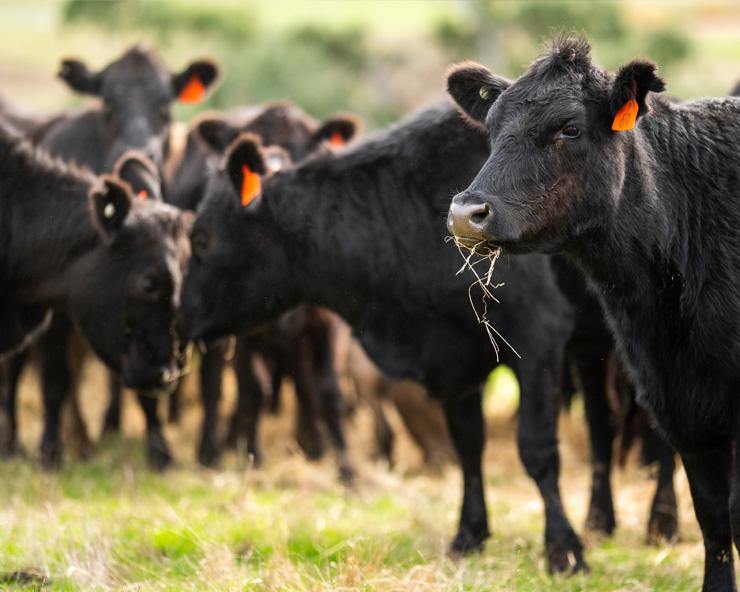What is Bovine Tuberculosis (TB)?
While bovine tuberculosis is uncommon in the United States, it is prevalent in many developing countries. A bacterium causes bovine TB. It is important to know the signs, to protect yourself and your herd. Bovine TB can affect various species, but primarily cattle and buffalo. Bovine TB can spread to humans, so there are precautions you should take to protect your health.
How is Bovine TB spread?
Bovine TB is spread in multiple ways. Bacteria is passed through bodily fluids, respiratory secretions, milk, and feces. It may infect cattle through aerosol droplets or by oral ingestion. While Bovine TB is primarily in cattle, it can also infect humans, deer, sheep, goats, horses, dogs, and cats. This means that various animals can present a danger to your herd.
How does Bovine TB affect my cattle?
Often, Bovine TB is slowly progressing but can have a rapid onset. Initial stages can show no signs of infection. Eventually, weight loss, weakness, appetite loss, and a low fever will set in. As the disease progresses, coughing may increase, and the animal will have difficulty breathing. If the digestive system is affected by TB, the animal may have diarrhea or constipation.
Can I get Bovine TB?
Bovine TB is a zoonotic disease and can be passed to humans. The most common route is through consuming raw milk or products made from unpasteurized milk. The bacteria can also enter the respiratory system. Humans often develop an infection in the chest and lungs or the kidneys, brain, or spine. Lung infections often show signs of coughing, chest pain, and fever. Coughing up blood can also be a sign. Human tuberculosis is caused by a different strain of bacteria that Bovine TB. In humans, less than 2% of tuberculosis diagnoses is Bovine TB.
How can I protect my herd?
There is no proven effective vaccine yet for Bovine TB. Bovine TB is not treatable but is diagnosable through a skin test. If positive, the animal is slaughtered, and containment and tracing will occur. Wild animals, such as deer, can commonly carry Bovine TB; it is important to limit contact.
How can I protect myself from Bovine TB?
Avoiding raw milk and unpasteurized dairy products will significantly decrease the risk of contracting an infection. Pasteurization prevents the spread of Bovine TB in dairy products. Early diagnosis of infected animals can prevent further spread to you and your herd.
What should I do if I suspect an infection in my herd?
If you suspect an infection, take quick action to protect yourself and your animals. Contact your veterinarian and report the disease to your state’s Department of Agriculture if confirmed. Quarantine the suspected infected animals. Make sure to take precautions to protect yourself. If you suspect you are infected, contact your physician.

